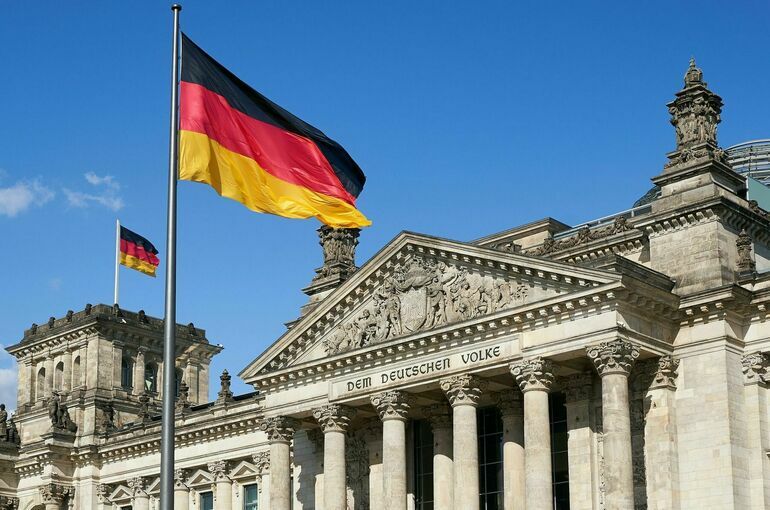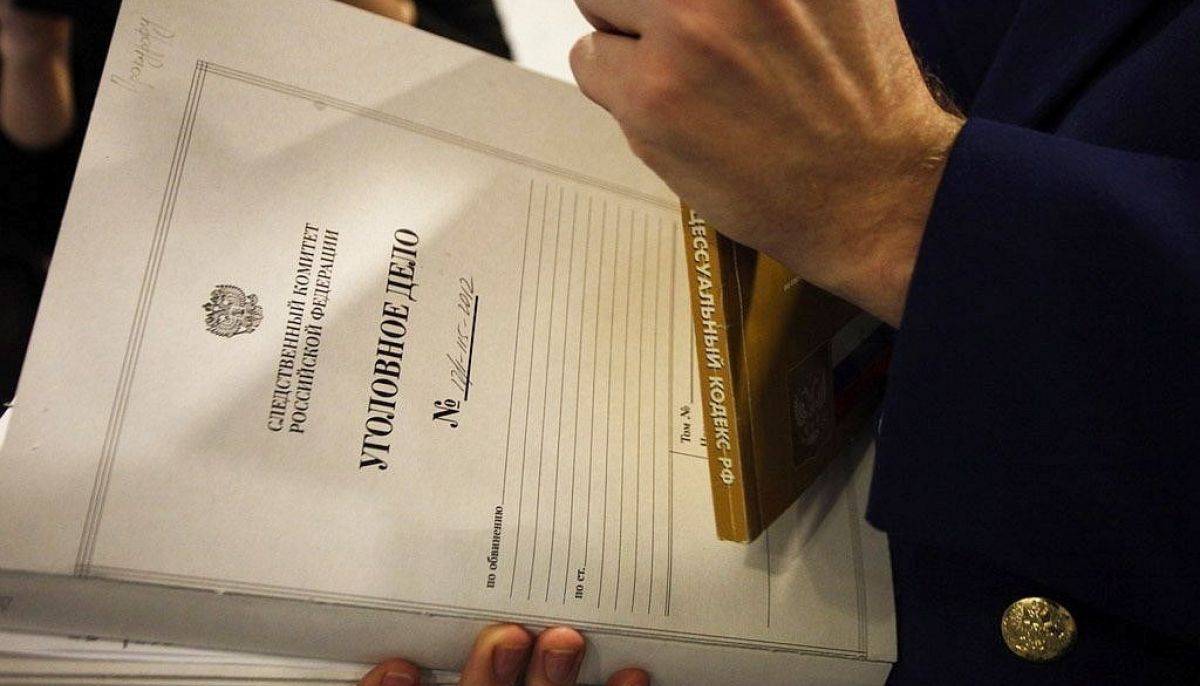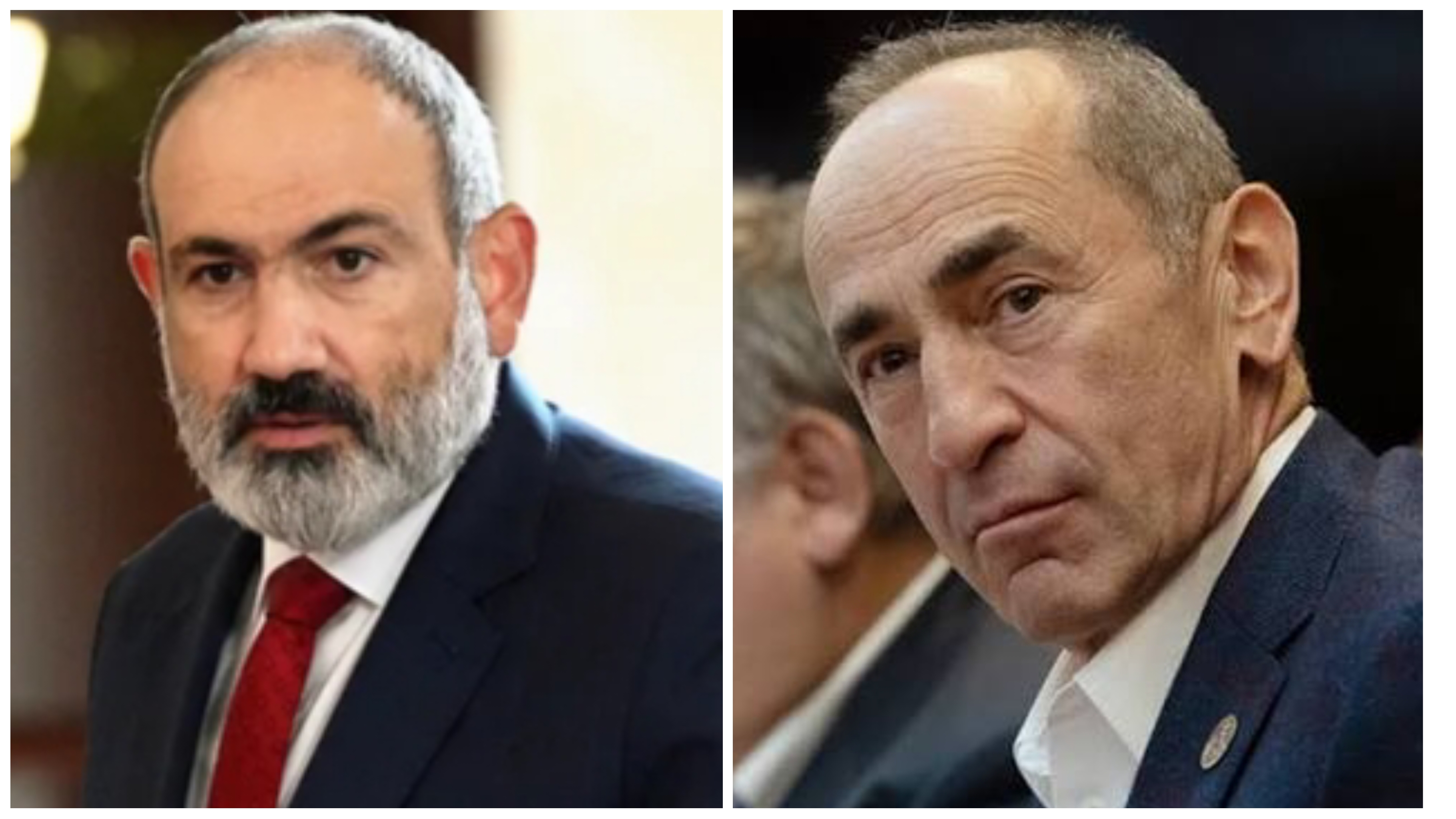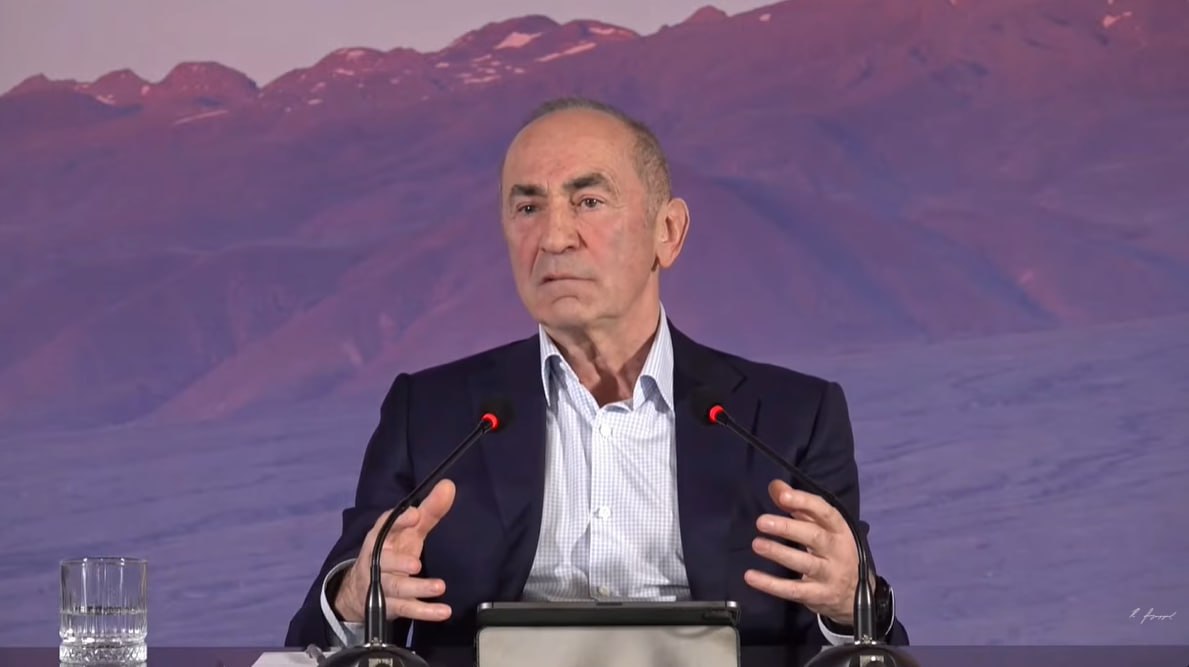A second administrative case has been opened in Chechnya in Russia for searching for "extremist materials" online. The case was registered by the Naursky District Court, and local resident Isa Magomadov is listed as the offender.

The German Foreign Ministry summoned Georgia's Chargé d'Affaires to protest aggressive statements directed at German Ambassador Peter Fischer. The ministry emphasized that such rhetoric from Georgian authorities is unacceptable and must cease.
"Today, the German Foreign Ministry summoned Georgia's Chargé d'Affaires. We made it clear: the Georgian government's unfounded accusations and aggressive rhetoric against the German Ambassador are unacceptable and must cease," the German Foreign Ministry said in a statement.
As a reminder, in recent months, the Georgian Dream party has repeatedly made harsh statements against Peter Fischer. Moreover, representatives of the ruling party even considered the possibility of expelling the diplomat from the country, accusing him of supporting the opposition.
Specifically, in early September, Georgian Parliament Speaker Shalva Papuashvili accused Peter Fischer of interfering in the election campaign and supporting extremism following the attack on the headquarters of the ruling Georgian Dream party. Following this, the ambassador was summoned to the Georgian Foreign Ministry, reportedly the first such instance in the history of modern Georgian-German relations.
Following a meeting between First Deputy Foreign Minister Giorgi Zurabashvili and German Ambassador Peter Fischer, the Georgian Foreign Ministry issued a statement in which it emphasized the need to comply with the Vienna Convention and expressed concern over "attempts to promote a radical agenda." The German Foreign Ministry, for its part, condemned the "aggressive rhetoric" and the "unfounded summons" of the ambassador to the Georgian diplomatic mission.
At the end of September, a rally in support of the German ambassador, dubbed the "Georgian-German Friendship March," was held in Tbilisi. The march's organizers said the ambassador was a symbol of Georgian-German partnership, and his support for Georgia's democratic values and European integration had been criticized by the authorities.



